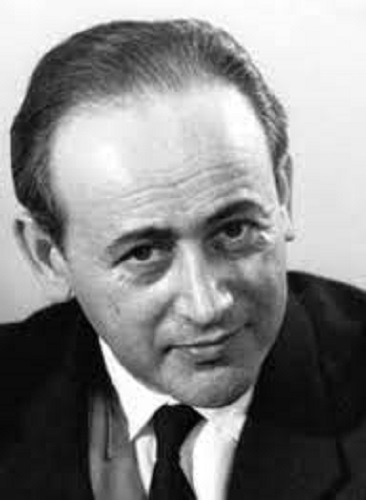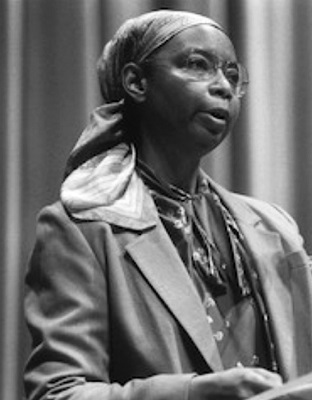De Duits-Roemeense dichter Paul Celan werd onder de naam Paul Antschel op 23 november 1920 geboren in Czernowitz, toentertijd de hoofdstad van de Roemeense Boekovina, nu behorend bij de Oekraïne. Zie ook alle tags voor Paul Celan op dit blog.
ZUVERSICHT
Es wird noch ein Aug sein,
ein fremdes, neben
dem unsern: stumm
unter steinernem Lid.
Kommt, bohrt euren Stollen!
Es wird eine Wimper sein,
einwärts gekehrt im Gestein,
von Ungeweintem verstählt,
die feinste der Spindeln.
Vor euch tut sie das Werk,
als gäb es, weil Stein ist, noch Brüder.
IN MUNDHÖHE
In Mundhöhe, fühlbar:
Finstergewächs.
(Brauchst es, Licht, nicht zu suchen, bleibst
das Schneegarn, hältst
deine Beute.
Beides gilt:
Berührt und Unberührt.
Beides spricht mit der Schuld von der Liebe,
beides will dasein und sterben.)
Blattnarben, Knospen, Gewimper,
Äugendes, tagfremd.
Schelfe, wahr und offen.
Lippe wußte. Lippe weiß.
Lippe schweigt es zu Ende.
EINE HAND
Der Tisch, aus Stundenholz, mit
dem Reisgericht und dem Wein.
Es wird
geschwiegen, gegessen, getrunken.
Eine Hand, die ich küßte,
leuchtet den Mündern
Waar ijs is
Waar ijs is, is koelte voor twee.
Voor twee: dus liet ik je komen.
Een waas als van vuur hing er om je –
Je kwam van de roos vandaan.
Ik vroeg je: Hoe heette je daar?
Je noemde hem mij, je naam daar:
een schijn als van as lag er op –
Van de roos vandaan kwam je.
Waar ijs is, is koelte voor twee:
ik gaf je de dubbele naam .
Jij sloeg je oog op daaronder –
Een glans lag over de bijt.
Nu sluit ik, zo sprak ik, het mijne – :
Neem dit woord – mijn oog zegt ’t tegen het jouwe!
Neem het, spreek het mij na,
spreek het mij na, spreek het langzaam ,
spreek het langzaam, stel het wat uit,
en je oog – hou het open zo lang nog!
Vertaald door Frans Roumen

Zie voor nog meer schrijvers van de 23e november ook mijn blog van 23 november 2018 en eveneens mijn blog van 23 november 2014 deel 2.

